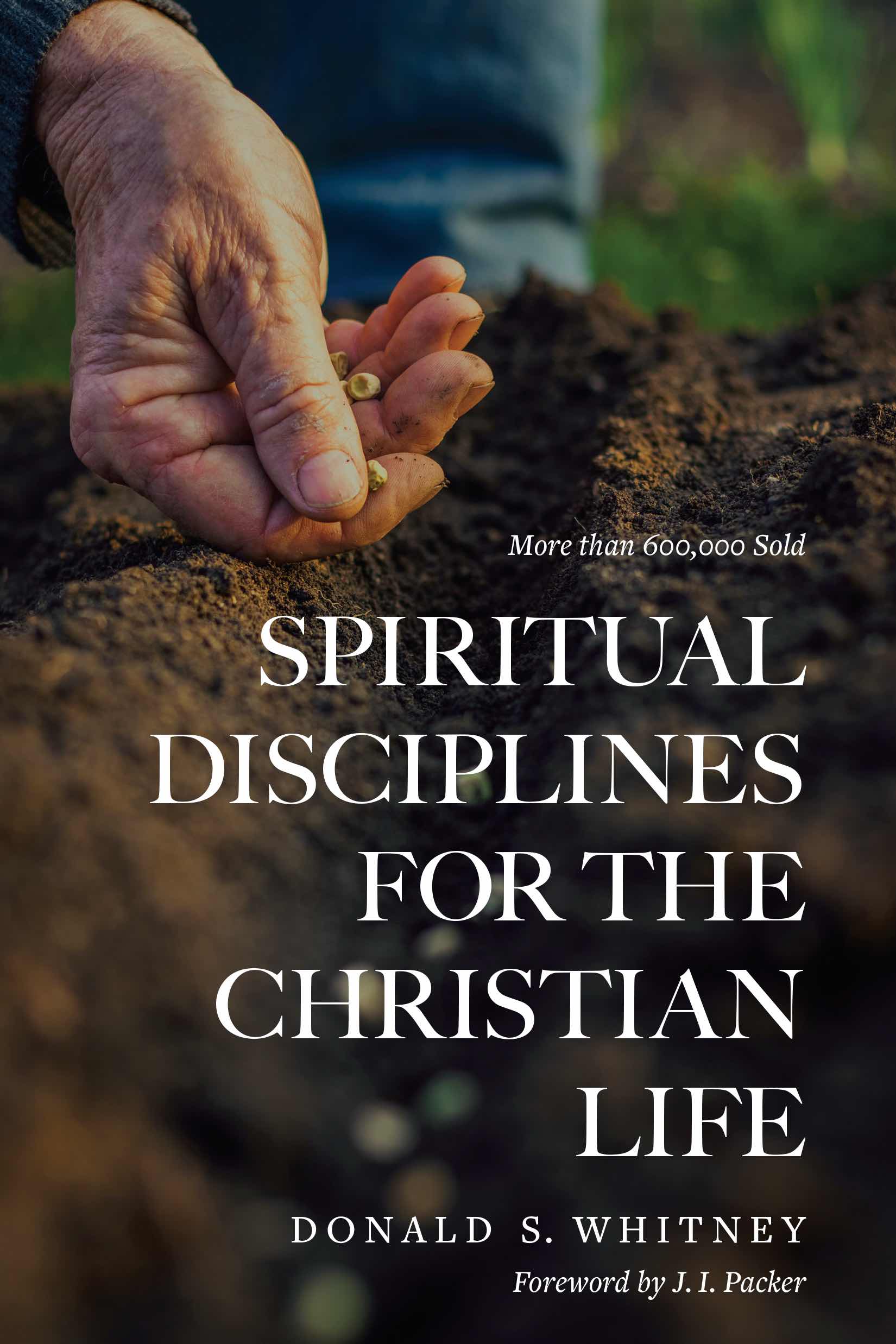10 Questions to Ask when Providing Pastoral Care by Phone or Video Chat
Circumstances sometimes limit pastors and other church leaders from ministering to people face-to-face. When this happens, we have to be even more diligent to ensure that none of God’s flock are neglected. Otherwise, the “out-of-sight, out-of-mind” syndrome will likely lead to their spiritual decline, which in turn will make them less likely to return to church once their circumstances change. Moreover, a lengthy lack of pastoral care by true shepherds can also result in a growing susceptibility by church members to the smiles and wiles of false teachers who appear on their TV and computer screens.
Even when we cannot be present with people, we possess tools for real-time conversations with them that previous generations did not have. But if we do not use these technologies intentionally and strategically, souls will languish. While I would not underestimate the power of a handwritten note over an email in an age when people never receive such unique and tangible correspondence, a phone call is even more personal. A video chat is even better.
So don’t waste the opportunities provided by people’s isolation. The unusual circumstances may make possible better spiritual conversations with some people than you’ve ever had with them before. Having these specific questions before you will almost certainly lead to more meaningful dialogue than an unstructured, “I’m just calling to see how you’re doing” plan.
Perhaps you’ll want to share this list with other leaders in your ministry setting to help provide personal care for the souls of everyone in your church who is in similar circumstances. You may also want to make notes on the answers given to some of these questions in order to refer to them in your next conversation with the person who gave them.
1. What’s been the most difficult part of these circumstances for you so far? This is more specific than “How are you doing?”, which is a question that could result only in a surface answer of “I’m okay.” It recognizes that there are challenges to the situation.
2. What’s been your plan for coping with that (and how has that been working for you)? This may reveal the strength or lack of their reliance on the Lord and His Word in this time.
3. What do Sunday mornings look like for you now? This may indicate whether they are taking advantage of (or are even aware of) any livestreaming of worship services or other resources the church is providing for them.
4. What’s your devotional life been like during this time? Their answer to this may be especially revealing, and lead to one of the most important pieces of counsel you can offer.
5. Where have you been reading in the Bible and how has it ministered to you? This may show that they have no plan or direction in their Bible reading. It may also suggest a need for more meditation on what they read. Of course, if their answer to the previous question indicates they’ve not been reading the Bible, you’ll want to omit this question.
6. Have you found ways to experience any level of fellowship with other believers? Obviously, an absence of any connection with other believers is dangerous. Be prepared to suggest ways where they can regularly talk about God and the things of God with other Christians in their current situation.
7. Have you had any thoughts on how our church could be ministering to one another better at this time? This might actually reveal how they think the church should be ministering to them.
8. Have you had any thoughts on how our church could be ministering to the community better at this time? This might help them see how they themselves could be serving others in spite of their current circumstances. Moreover, their new perspective may have given them insights or ideas your church should seriously consider.
9. Would you like for me to recommend some resources to help with your spiritual life during this season? These might include websites or videos, resources on the church website, books to download, sermons to hear, habits to begin, tips on prayer, family worship, Bible intake, journaling, praying the Bible, serving others, etc. Of course, a negative answer to this question may display a self-sufficiency, independent spirit, or apathy that presents another set of concerns.
10. How can I pray for you right now? This question may open their heart in ways nothing yet has. In all cases, do close the conversation by praying for the person, and include the encouraging promises of the Gospel in your prayer.
Additional questions might address the issues of family worship, their employment situation, financial needs, marriage and parenting, their children’s situation, or matters unique to your community. If you are contacting a couple or family, try to include everyone in the conversation—unless there are circumstances that would make it unwise to do so—and invite them all to contact you if there’s something they’d like to discuss with you individually.
The work of the ministry is essentially “keeping watch over [believer’s] souls, as those who will have to give an account” (Hebrews 13:17). That includes the souls under our care with whom we cannot meet in person. In these cases, let us faithfully use the tools at our disposal to “do this with joy and not with groaning” (13:17).







